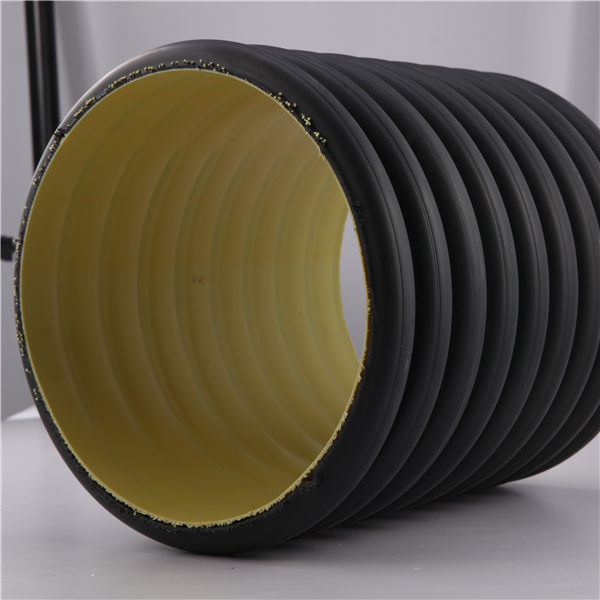Aug . 30, 2024 17:16 Back to list
High-Density Polyethylene (HDPE) Sprinkler Pipe - Durable Irrigation Solutions
The Benefits of HDPE Sprinkler Pipe in Irrigation Systems
High-Density Polyethylene (HDPE) has emerged as a crucial material in the agricultural sector, particularly in the implementation of irrigation systems. One of the most significant applications of HDPE is in sprinkler piping. This innovative choice of material offers numerous advantages that enhance both the efficiency and effectiveness of irrigation, making it an ideal solution for farmers and landowners.
The Benefits of HDPE Sprinkler Pipe in Irrigation Systems
Another advantage of HDPE sprinkler piping is its flexibility. The material can be easily molded into various shapes, allowing for more complex irrigation layouts that can follow the contours of the land. This adaptability ensures that water is distributed evenly, reaching every corner of the field and minimizing water wastage. Efficient water usage is critical, especially in areas where water resources are scarce, making HDPE a sustainable option for modern agriculture.
hdpe sprinkler pipe

In addition, HDPE pipes are lightweight, which simplifies the installation process. This feature is particularly beneficial for large-scale irrigation projects where heavy materials would be cumbersome. The ease of handling reduces labor costs and allows farmers to set up their systems more quickly, leading to faster crop cycles and increased yields.
The compatibility of HDPE with various joining methods is another reason for its widespread adoption. Whether employing electrofusion, butt fusion, or mechanical fittings, HDPE pipes can be seamlessly integrated into existing irrigation systems. This versatility means that farmers can upgrade their systems without the need for complete overhauls, making it a cost-effective investment for improving agricultural productivity.
Environmental considerations also play a significant role in the popularity of HDPE sprinkler pipes. They are recyclable, contributing to a reduction in plastic waste. Additionally, the efficiency of water delivery minimizes runoff and soil erosion, leading to healthier ecosystems and better water conservation practices.
In conclusion, HDPE sprinkler pipes present a robust solution for irrigation that combines durability, flexibility, and environmental responsibility. As agriculture increasingly faces challenges such as climate change and water scarcity, the adoption of HDPE piping systems can lead to more efficient and sustainable farming practices. By investing in HDPE, farmers not only enhance the productivity of their fields but also contribute to a more sustainable agricultural future.
-
Durable Glossy PVC Rigid Sheet | Premium High-Shine Panels
NewsAug.26,2025
-
Durable PP Rigid Sheet: Lightweight, Chemical Resistant Solutions
NewsAug.21,2025
-
PVC Grey Sheet for Extraction: Chemical Resistant & Durable
NewsAug.19,2025
-
Durable PVC Pipe Fittings for Plumbing & Irrigation Needs
NewsAug.18,2025
-
HDPE Steel Belt Reinforced Spiral Corrugated Pipe | High Strength
NewsAug.17,2025
-
HDPE Pipe Fittings: Durable, Leak-Proof Solutions
NewsAug.16,2025

